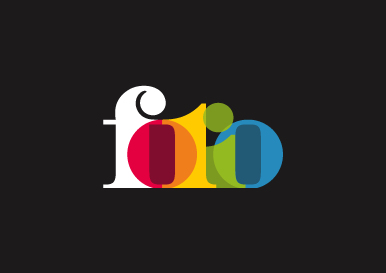Are you ready for an illustration agent?

Don’t compare your work to others, instead, analyse.

Asking for advice.
Critical analysis of your own work is tough, but you can always ask for advice on your illustrations without fear of having your head bitten off. If you are unsure of your work and style, instead of submitting your work to an agency for representation, ask for some advice. This can be a great way to introduce yourself, and agents will often have some ideas for good additions to your portfolio. Illustrators are generally a friendly bunch, so reach out to a few and ask them what they think of your work.
When thinking about who to ask, don’t go for the most famous or successful artists, they are likely to get hundreds of these requests and it’s unreasonable to think that they can answer them all. You don’t need the best illustrator in the world to give useful advice, you only need to find somebody that knows more than you do. You don’t need an Olympic cyclist to teach you how to ride a bike, but if you are asking your mum or friend who works in a bank for advice on your illustration portfolio, you are wasting your time. The Association of Illustrators offer some great advice, and portfolio reviews too. Make sure you take advantage of every opportunity you can to get feedback on your work.
There is nothing wrong with being a beginner. Everybody starts somewhere; it takes time to master your craft and transition from being a student into a professional in any field or subject. Anybody can become a good illustrator with hard work and practice. Don’t try to skip that step. Is your portfolio full of top quality work with a range of commercial subjects? Do you have a unique style? Do you have the technical skills to deliver work in a professional environment? If yes, then who cares if you’ve done 3 jobs or 3000. Go ahead and submit your work!
